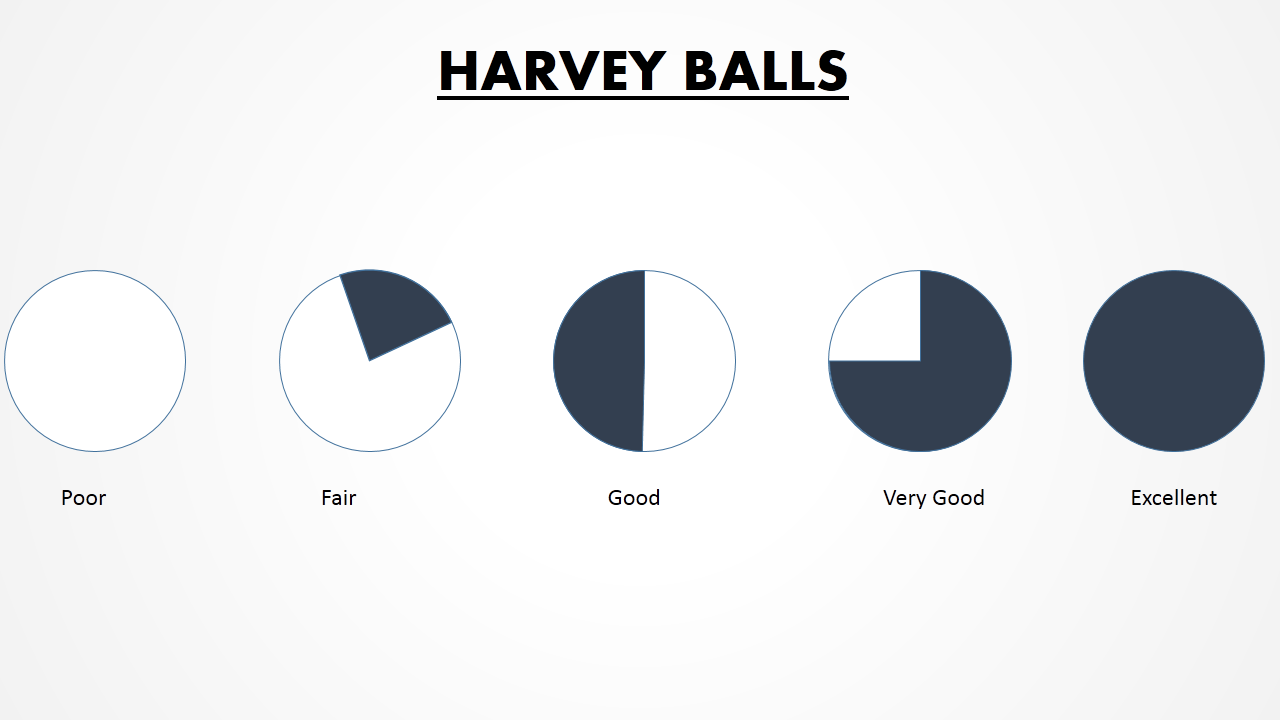The banking industry is widely recognized for serving as the building block of economic prosperity in virtually all nations. And in the world of diverse banking systems and rapid financial innovation, Islamic banking stands out as an unparalleled and morally responsible method of managing finances.
Why is Islamic Banking Morally responsible?
Islamic banking, or Islamic finance, follows the Islamic primary religious text, the Quran. Due to this, all transactions in Islamic banking must adhere to Shariah, the Islamic legal system (based on the Quran's teachings).
Shariah principles prevent not only the practice of charging or paying interest on loans but also prevent investments linked to goods or pursuits that the Quran forbids, such as alcohol, gambling, and pork. This is the reason why Islamic banking stands out as a culturally unique form of ethical investment due to its strict devotion to Islamic norms.
Working of Islamic Practices
Islamic banks work by using equity participation methods, which are akin to profit sharing, to generate income without the standard practice of charging interest.
Equity Participation:
Islamic banks use equity participation in place of interest fees. Instead of receiving interest payments when making a loan to a company, the bank instead obtains a portion of the company's profits.
Profit Sharing:
A share of the earnings made by the companies it finances are used to fund the bank's operations. By doing this, the bank's interests and those of its clients are aligned.
Risk Sharing:
Equity involvement involves a mutual sharing of risks between the firm and the bank. The bank won't get its money back if the company defaults or doesn't make any money.
Have you wondered how Islamic Finance generates Revenue? If yes, let’s read further.
Islamic banks make money without using transactions based on interest. Instead, they use a variety of Shariah-compliant strategies, which are as follows:
Leasing (Ijara):
Islamic banks lease goods to customers after buying assets like cars. Up until the lease is entirely paid, the bank retains ownership and is in charge of asset upkeep.
Cost-Plus Financing (Murabaha):
In this method, the bank serves as an intermediary, buying an asset for the client and then reselling it to the client at a markup so that the client can defer payments.
Agency (Wakala):
In a Wakala contract, the bank acts as the client's agent and carries out particular duties. For a fixed period, the bank lends its knowledge while making revenue.
Forward Sale (Salam):
Salam involves forward financing, in which the bank makes an advance payment for certain assets. The seller then delivers the assets in the proportions, quality, and time frame that were previously agreed upon.
Impact of Islamic Banking Worldwide
Islamic finance has a significant impact on nations worldwide, not only those that are Muslim. This is because financial inclusion is promoted by Islamic finance, which also offers moral and sustainable financial solutions that appeal to a wide range of people.
Another important point is that Islamic banking has spread around the world which has led to Global Integration where Islamic finance has successfully crossed national and cultural boundaries to integrate into the world's major financial markets.
Lastly, Islamic finance is in line with the objectives of eradicating poverty and promoting equitable prosperity for all by upholding values that place a focus on justice and wealth distribution. Therefore, leading to Economic development.
Conclusion
Islamic finance has entered the global financial markets and is now a multi-trillion-dollar business. Due to the growing interest from investors from various religious backgrounds, it has been forecasted that its expansion will continue. This rise in demand is being caused by the allure of ethical and sustainable finance that adheres to ESG (Environmental, Social, and Governance) standards. Collaboration in the financial sector and rapid digitalization are also creating new economic prospects and enhancing transparency.
Click here to get Free Islamic Banking PPT.
FAQs on Islamic Finance
Q: Can non-Muslims invest in Islamic finance? Non-Muslims are welcome to invest in Islamic finance products—ethical and responsible finance principles appeal to a wide range of investors.
Q: How is Islamic finance regulated?
Islamic finance is regulated by Shariah boards or councils that ensure financial products and services comply with Islamic principles. Regulatory bodies in Muslim-majority countries also oversee the industry.
Q: Are Islamic financial products more stable than conventional ones?
Islamic financial products are designed to reduce speculation and risk. While they can offer stability, like any economic system, they are subject to market conditions.





 Customer Reviews
Customer Reviews



















